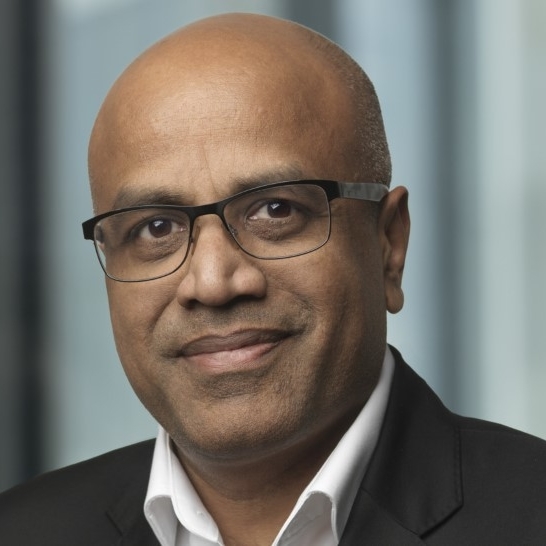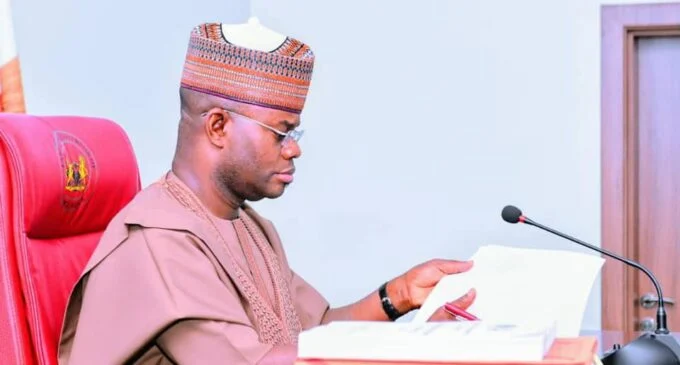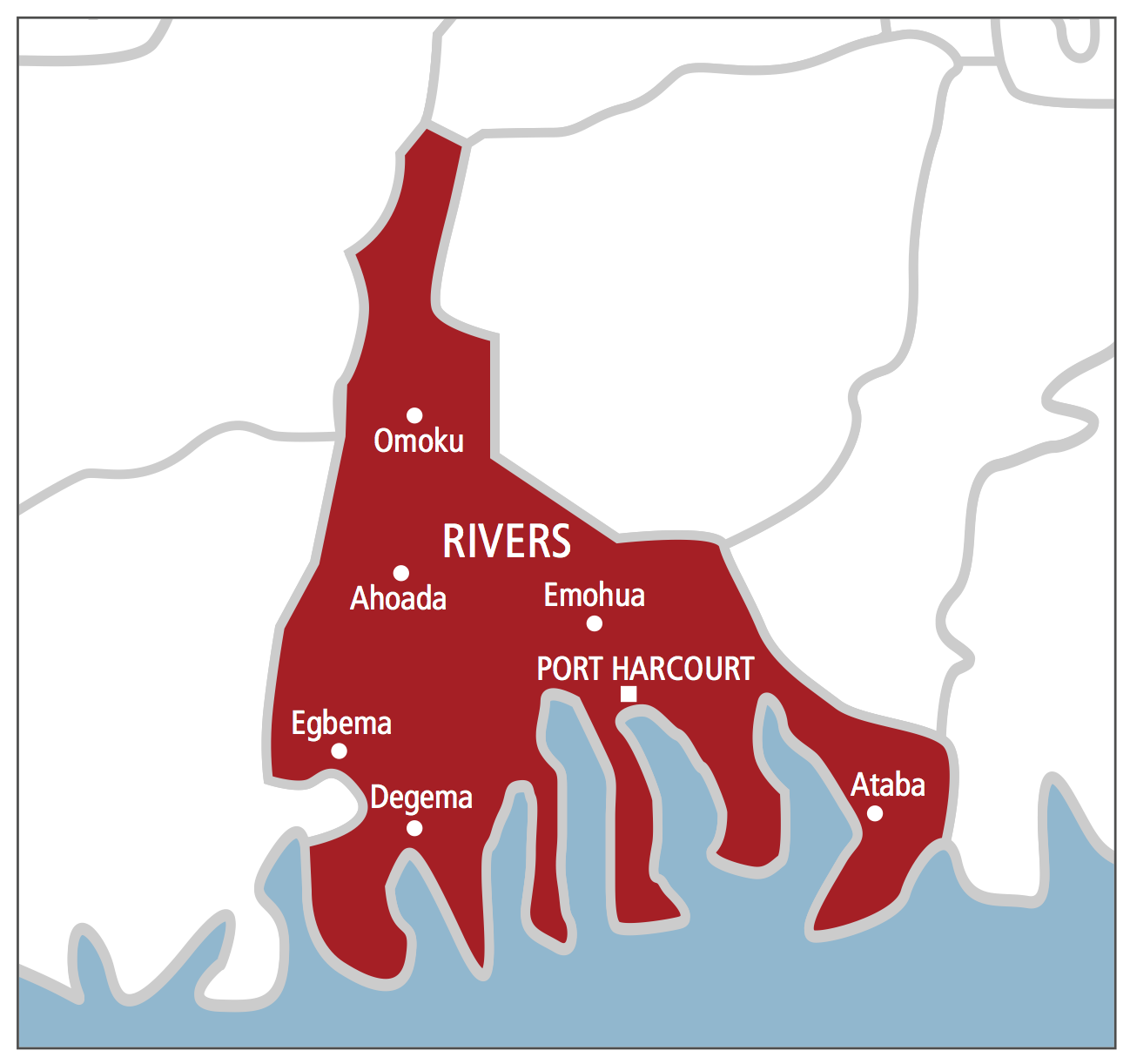The UK government must think of 5G as a crucial, critical part of its national infrastructure, as it looks to safeguard its digital economy post-Brexit
Speaking at the Connected Britain event in London, Ericsson’s president for Europe and Latin America, Arun Bansal, had a stark warning for the UK government.
“It’s a great pleasure to be here but for me it is a shame that the Connected Britain slogan seems to me to be tinged with irony – almost as if the British Tourist Board used “Sunny London” as its slogan – because Britain is one of the least connected countries in Europe.”
“To give you a point of comparison, Albania, Romania, Peru in Latin America, compared to those countries, Britain is lagging behind.”
Perhaps unsurprisingly, the tech vendor said that operators in the UK needed to invest in their networks now, rather than waiting for a compelling business case to drive rollout.
“Ericsson has already launched 9 commercial 5G networks around the world. South Korea has already passed one million 5G consumers inside 69 days of launching. So, while we in Europe are still debating what the use cases for 5G are and whether the business case is quite there or not, countries who were first to market with 4G are recognising the potential of 5G and investing in their networks.”
Bansal said that research commissioned by his company showed that consumers around the world were prepared to pay a premium for 5G services, with customers in the UK being prepared to follow suit.
“Operators are used to earning money while they are sleeping – it’s time for them to wake up. Operators in the US and Korea have been able to increase their ARPU [average return per user] by charging a premium for 5G of around $10, so it is possible to charge more money if operators deploy the technology.”
“Here in the UK, we conducted some consumer research, and it showed that consumers want more broadband options without having to wait for fibre to be deployed. The research showed that 63 per cent of consumers would be willing to pay a premium for 5G. But as we all know, in order to be able to charge the consumer more, there has to be a 5G network that works seamlessly across the country. It’s not going to work if we just have a limited number of sites and trials – a ticking-the-box attitude to investment. If the operators, regulators and vendors provide the right type of 5G network, we are convinced that there is enough money for everyone to make a return,” he added.
In closing, Bansal appealed to the UK government to support a climate of investment in the UK, particularly as the country prepares for life outside of the European Union.
“My sincere message to the UK is to treat 5G as critical national infrastructure. Especially with Brexit looming over us. In order for the UK to attract foreign investment we need that digital infrastructure to be in place,” he concluded.
…the Telecoms industry is characterised by constant change and evolution. That’s why it’s crucial for telecoms professionals to keep up-to-date with what is happening. Join 35,000+ of your peers and sign up to our free newsletter service today, to be in the know about what is going on. PLUS, as a member you can submit your own press releases!











